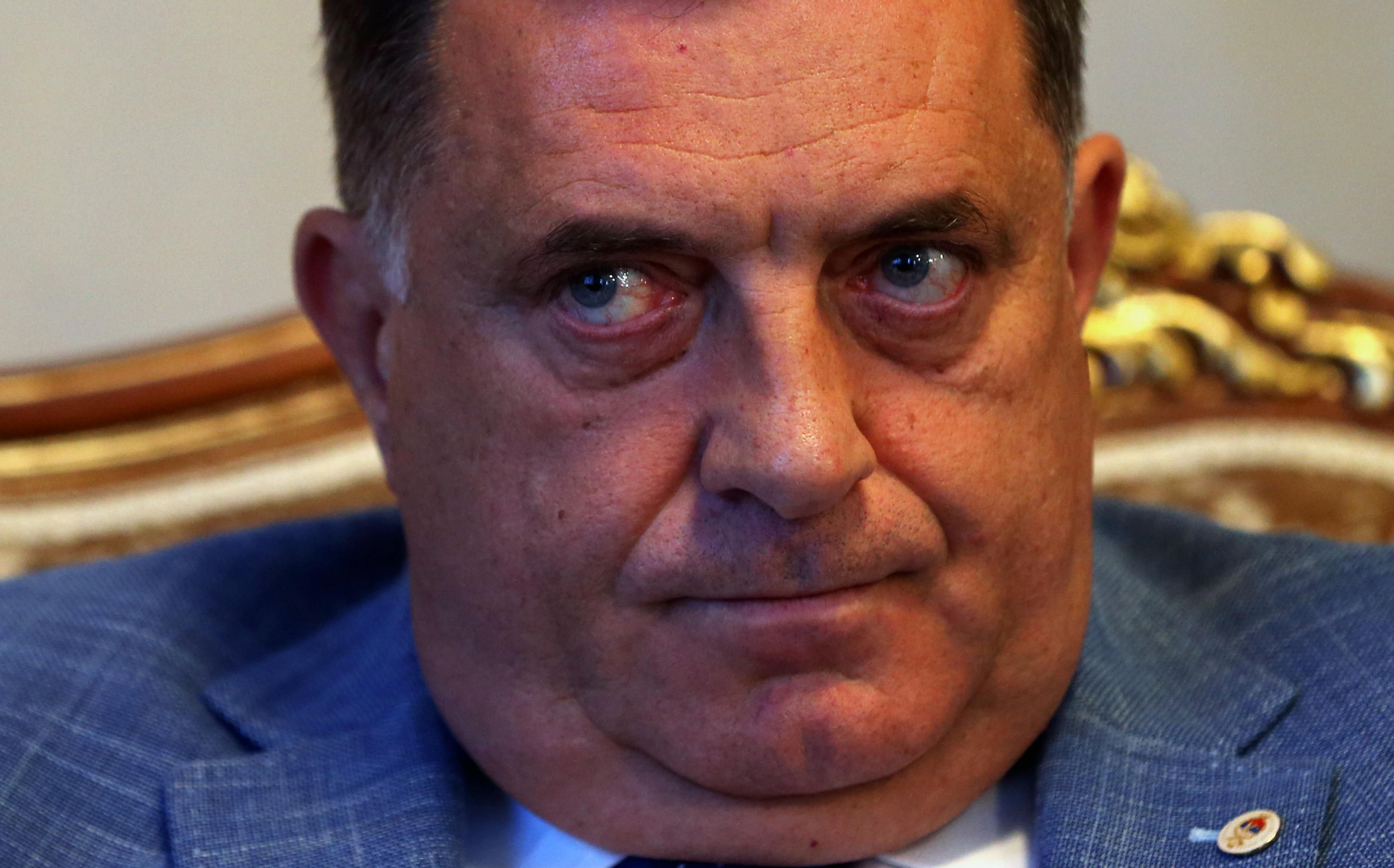Fears rise of new Bosnian conflict. As if one major conflict brewing on Europe’s doorstep wasn’t enough, rising nationalist rhetoric and threats over the possible breakup of Bosnia and Herzegovina are prompting fears of another. Bosnia’s Serb President Milorad Dodik wants to withdraw his Republic Srpska (RS) from key Bosnian institutions, most notably the armed forces, to establish Serb-only government bodies instead. Any such move would violate the 1995 Dayton Peace Accords and could spark another violent conflict in the Balkans. While Dodik — notably a Srebrenica genocide denier — has long threatened to secede, his talk of setting up a separate RS army is what’s causing real alarm. The US has threatened to use sanctions should the Bosnian Serbs secede and formally join Serbia. European foreign ministers met in Brussels on Monday to discuss the situation. While many European countries want to impose sanctions, Croatia, Hungary and Slovenia — in addition to Russia — are expected to stand behind Dodik.
China toughens stance on Ukraine. It seems like just yesterday when Xi Jinping and Vladimir Putin said there were “no limits” to the China-Russia relationship as the two gathered ahead of the Olympic opening ceremony in Beijing earlier this month. What a difference an invasion makes. In recent days, China has warned against a Russian invasion of Ukraine, a tonal shift that diplomats say reflects Beijing’s desire to not further strain its relationship with Washington. “The sovereignty, independence and territorial integrity of any country should be respected and safeguarded,” China’s Foreign Minister Wang Yi told the Munich Security Conference by Zoom over the weekend. “Ukraine is no exception.” Beijing may not want to risk suffering from the financial fallout of sanctions against Russia, but Putin is a more natural ally to him than Biden, so how long can China stay out of the fray?More For You
1,170: The number of high-rise buildings in Kyiv that were left without heating following a barrage of Russian attacks last night on Ukraine’s capital and its energy facilities, per Kyiv Mayor Vitali Klitschko.
Most Popular
What We’re Watching: US critical minerals summit, Rafah crossing reopens, Border violence in Pakistan
U.S. President Donald Trump and Japanese Prime Minister Sanae Takaichi hold up signed documents regarding securing the supply of critical minerals and rare earths, at a bilateral meeting at Akasaka Palace in Tokyo, Japan, October 28, 2025.
Representatives from the European Union, United Kingdom, Japan, and others will meet in Washington this week to discuss a strategic alliance on critical minerals.
Hard numbers: Large protests in Czechia, UAE-linked firm has large stake in the president’s company, & More
80,000: The number of people estimated to be in the streets of Czechia on Sunday to show their support for President Petr Pavel after he blocked the nomination of an environmental minister who performed the Nazi salute and posted Nazi memorabilia.
The US has started handing $1,000 to the bank accounts of newborn babies. But can policies like this one help boost sagging birthrates in advanced democracies?
